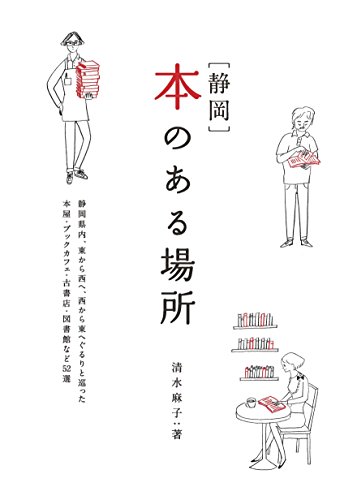- 著者
- 清水 麻子
- 出版者
- 日本メディア学会
- 雑誌
- マス・コミュニケーション研究 (ISSN:13411306)
- 巻号頁・発行日
- vol.94, pp.169-186, 2019-01-31 (Released:2019-06-06)
- 参考文献数
- 9
This paper clarifies the relationship between solidarity activities by journalistnetworks in Japan and the possibility of supporting socially vulnerable people.The Japanese mainstream media, which is vast and bureaucratized, onlyexamines superficial aspects of the lives of socially vulnerable people, such aspoverty and violence. In recent years, however, the existence of a journalistnetwork which goes beyond the framework of companies and individuals hasbeen confirmed by the complexity of social structure and the increasing sophisticationof information. The organizational form of network is diverse andincludes NPOs, NGOs, and voluntary organizations, which work to solve thesame social problems. This article focuses on the relationship between the activity of the Baratogestudy group, an association of female journalists consisting of more than600 female journalists from Japanese TV stations and newspaper companies,and the relationship between this association and legislation. So far, the dominant discourse has been about “terrible mothers who abandontheir babies after giving birth” based on “motherhood” thinking. However,the network declared a new agenda of helping “suffering pregnant women andchildren who should be helped together.” Furthermore, they delivered a messageto policy makers through repeated coverage. In this study, I used discourseand agenda setting analysis to track the process. This showed the possibility that women’s solidarity together with empathy could mobilize politics andsociety, thereby supporting vulnerable people.
1 0 0 0 「静岡」本のある場所
- 著者
- 清水麻子著
- 出版者
- インプレス (発売)
- 巻号頁・発行日
- 2014
